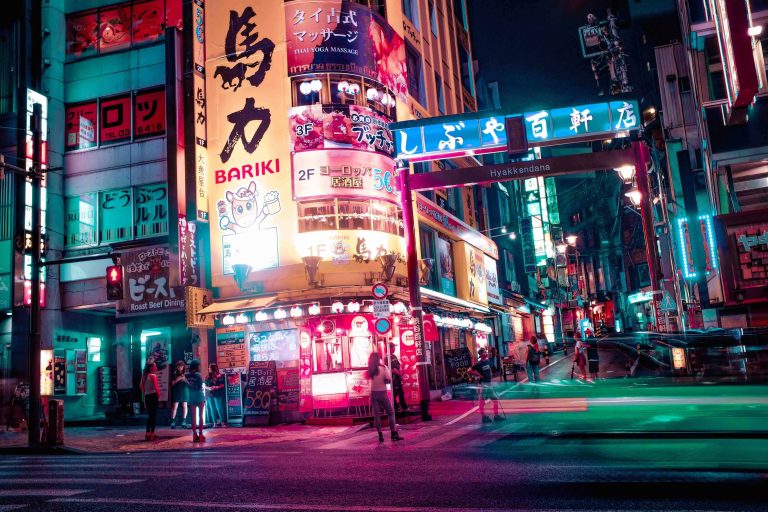Major Portuguese Literary Critics: A Comprehensive Overview in 2024
Portuguese literature stands as a testament to the nation’s cultural heritage, with roots stretching back to the medieval era. From epic poems like “Os Lusíadas” by Luís de Camões to the modernist masterpieces of Fernando Pessoa, Portuguese writers have left indelible marks on the literary landscape. However, understanding and appreciating these works require more than mere reading; it demands critical engagement. Literary criticism serves as the lens through which we analyze and interpret these texts, unraveling their layers of meaning and contextualizing them within the broader spectrum of cultural and historical influences.
Early Portuguese Literary Critics (13th - 19th Century)
The Role of Courtly Culture
During the medieval and Renaissance periods, Portuguese literary criticism often emerged within the confines of courtly culture. Patrons and scholars played pivotal roles in shaping the discourse surrounding literature, offering insights and commentary that influenced both writers and readers alike. Figures such as Dom Dinis, known as the “Poet King,” and João de Barros, a renowned historian and critic, exemplified the intersection of power and literary patronage, leaving lasting legacies on Portuguese letters.
The Rise of Nationalism and Romanticism (18th – 19th Century)
With the dawn of the Enlightenment and the subsequent rise of Romanticism, Portuguese literary criticism underwent significant transformations. National identity became a focal point as critics sought to define and celebrate the essence of Portuguese culture through literature. Influenced by European movements like Romanticism, critics such as Alexandre Herculano and Almeida Garrett championed the cause of national literature, shaping the direction of Portuguese letters for generations to come.
Modern and Contemporary Portuguese Literary Criticism (20th - 21st Century)
The Introduction of Modernist Movements
The 20th century witnessed the emergence of modernist movements that revolutionized Portuguese literature and criticism alike. From the stark realism of Eça de Queirós to the avant-garde experiments of Fernando Pessoa’s heteronyms, critics grappled with new forms of expression and interpretation. Figures like António Sérgio emerged as leading voices, advocating for a more nuanced understanding of modernist texts and their socio-political implications.
Post-Colonialism and the Focus on Identity
In the wake of decolonization, Portuguese literary criticism turned its gaze towards issues of post-colonialism and identity. Critics like Eduardo Lourenço delved into the complexities of Portuguese colonial history, exploring themes of displacement, hybridity, and cultural memory. Their insights paved the way for a more inclusive and introspective approach to literary analysis, one that sought to reconcile Portugal’s colonial past with its present-day realities.
Contemporary Trends
As we navigate the complexities of the 21st century, Portuguese literary criticism continues to evolve, embracing new theoretical frameworks and interdisciplinary perspectives. From eco-criticism to gender studies, critics are exploring innovative ways to engage with literature and its socio-cultural contexts. The digital age has also brought about new opportunities for dialogue and exchange, fostering a global community of scholars dedicated to the study of Portuguese letters.
Conclusion
In conclusion, the history of Portuguese literary criticism is a testament to the enduring power of words and ideas. From the medieval courts to the digital age, critics have played a vital role in shaping the discourse surrounding Portuguese literature, offering insights and interpretations that enrich our understanding of the human experience. As we look to the future, it is clear that the legacy of these critics will continue to inspire and inform generations of scholars yet to come, ensuring that Portuguese literature remains a vibrant and essential part of our cultural heritage.
From timeless classics to contemporary gems, these profiles offer a rich tapestry of narratives, characters, and themes that have shaped generations of young readers.










